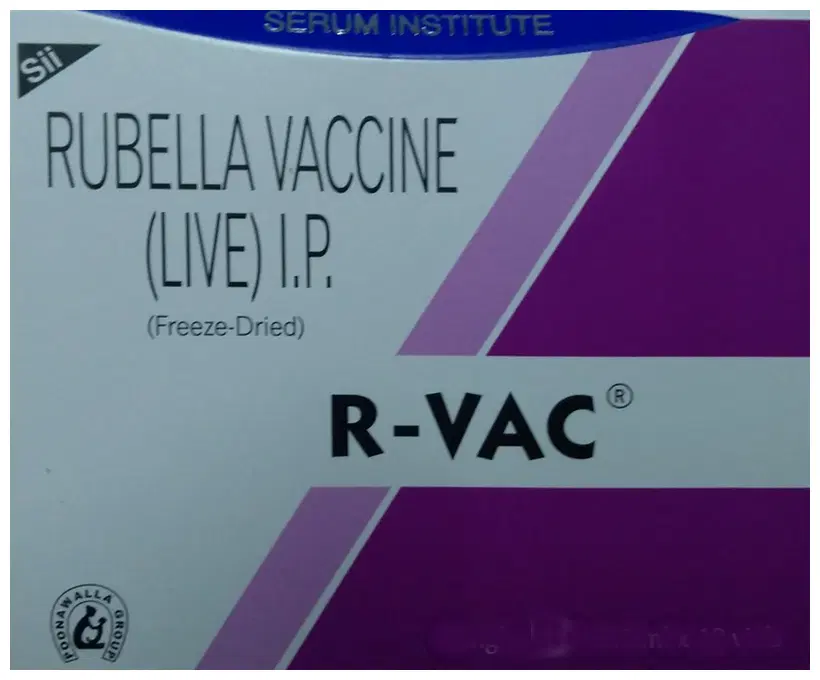Rubella vaccine
The Rubella vaccine is a medical substance that provides immunity against Rubella, a contagious viral infection also known as German measles. The vaccine contains live attenuated viral particles, which have been weakened to stimulate an immune response without causing the disease. The Rubella vaccine is a key component of the MMR (measles, mumps, and rubella) vaccine, as well as the MR (measles and rubella) vaccine, depending on the country’s immunization guidelines.
The vaccine is recommended for children at a young age, usually between 12 and 15 months, followed by a second dose at around 4 to 6 years of age. Adults who have not received the vaccine may also be recommended to get vaccinated, especially if they are planning to have children or are exposed to populations at risk. Pregnant women should not receive the vaccine, as it may pose a risk to the developing fetus.
The Rubella vaccine is crucial for protecting against rubella, which can lead to serious complications in pregnant women, such as congenital rubella syndrome (CRS), a birth defect that can cause heart defects, hearing loss, and developmental delays in the affected children. In addition, rubella in pregnant women can result in miscarriage or stillbirth.
By administering the Rubella vaccine, healthcare professionals aim to create herd immunity, a phenomenon where a significant portion of a population becomes immune to a contagious disease, thus protecting the unimmunized individuals as well. This strategy reduces the likelihood of widespread outbreaks and the spread of infections, ultimately contributing to global health and well-being.

Showing all 2 results
Showing all 2 results


